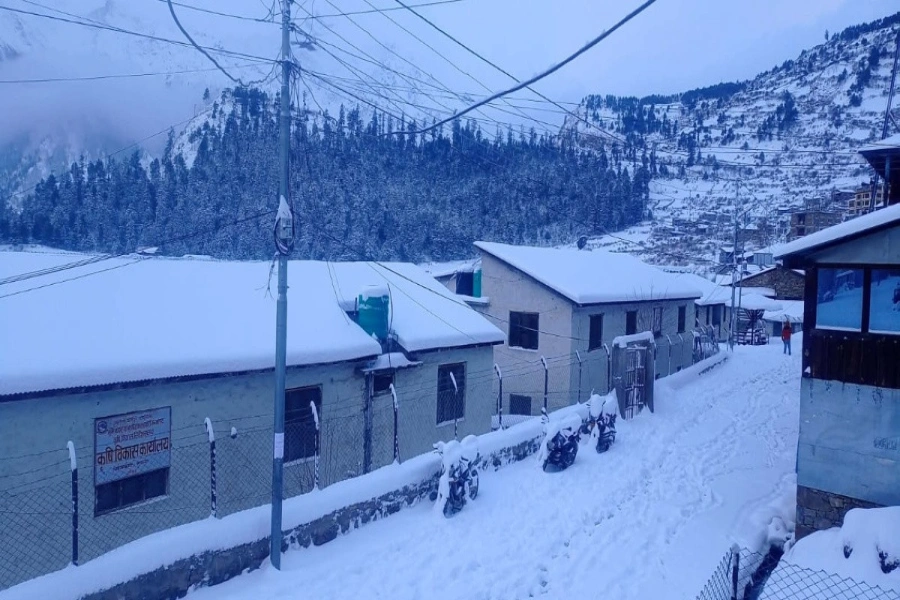As the third five-year strategic plan of the judiciary has stated that special programs would be launched in district courts with the highest numbers of unexecuted verdicts, the Supreme Court, in association with the Nepal Police, had formed special cells in 16 district courts last year.According to the directorate's director general, Mahendranath Upadhyaya, the apex court is expanding its special programs to Mahottari, Rautahat, Makawanpur, Chitwan, Nuwakot, Kaski, Dang and Kanchanpur districts.
In the first phase of the program, the Supreme Court had formed special cells in Kathmandu, Parsa, Morang, Rupandehi, Saptari, Sunsari, Bara, Jhapa, Siraha, Sarlahi, Dhanusha, Kapilvastu, Banke, Nawalparasi, Lalitpur and Bhaktapur for judgment execution.
The directorate on Tuesday organized an orientation program for the officials of the district courts concerned and Nepal Police.
Speaking at the program, Chief Justice Kalyan Shrestha said that the unexecuted verdict numbers highlight the dreadful situation of the country's criminal justice system. "There are many challenges. We have forwarded a draft for new criminal code but the bill is in parliament for a long time. On the other hand, there are problems in investigation," said Shrestha. "I have even experienced that there is a possibility of manipulating the court's records themselves. Judgment execution is not a simple task and we should continuously work on it," he added.
Justice Gopal Parajuli said that the statistics on unexecuted judgments would be more alarming if verdicts of quasi-judicial bodies are also taken into account along with court verdicts.
On the occasion, Nepal Police IGP Upendra Kanta Aryal said that crime cases will obviously increase if court verdicts are not executed. "Nepal Police is aware of this possibility and has been seriously working toward executing court verdicts. If judgments are not executed, people could lose faith in the criminal justice system," said Aryal.
SC launches judgment execution campaign




































